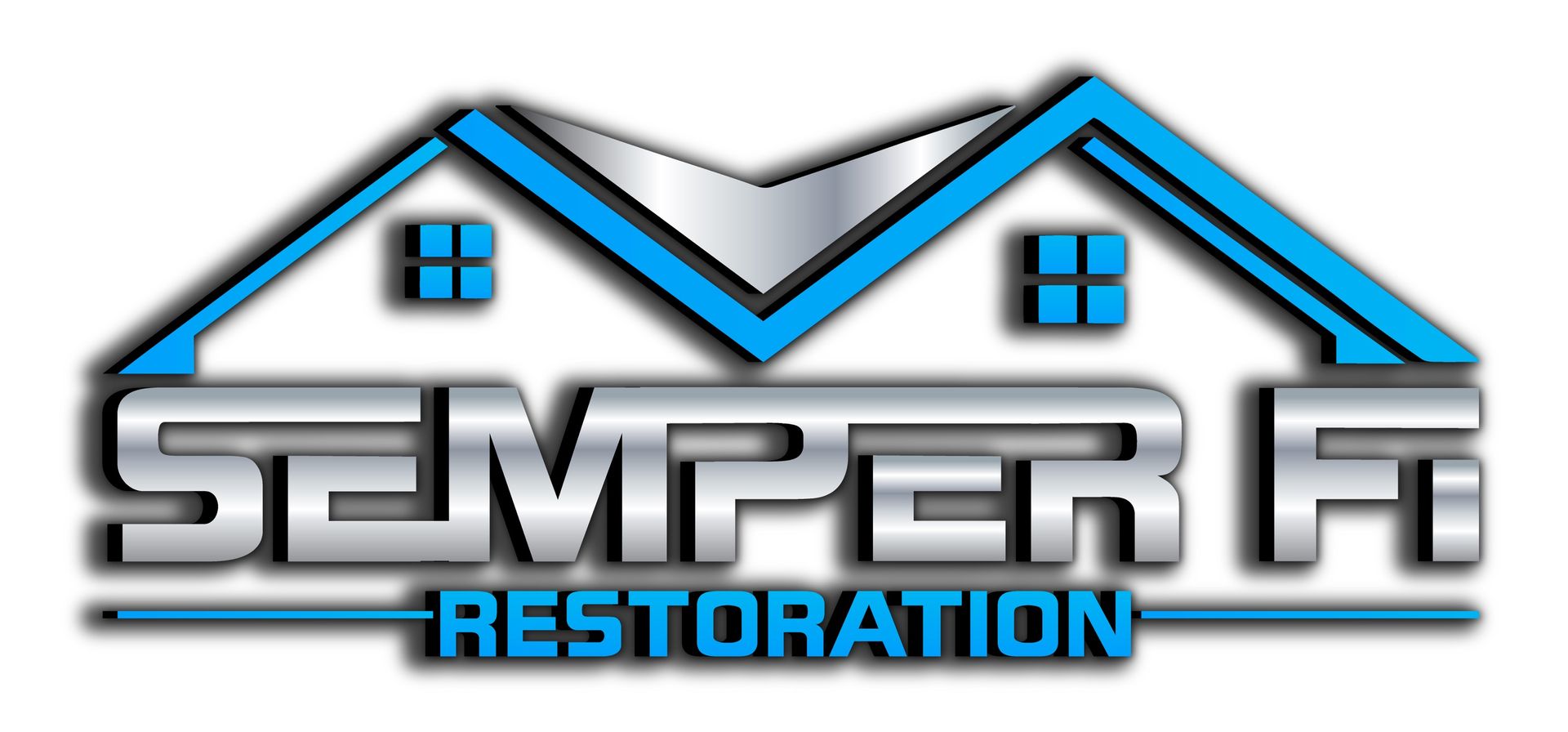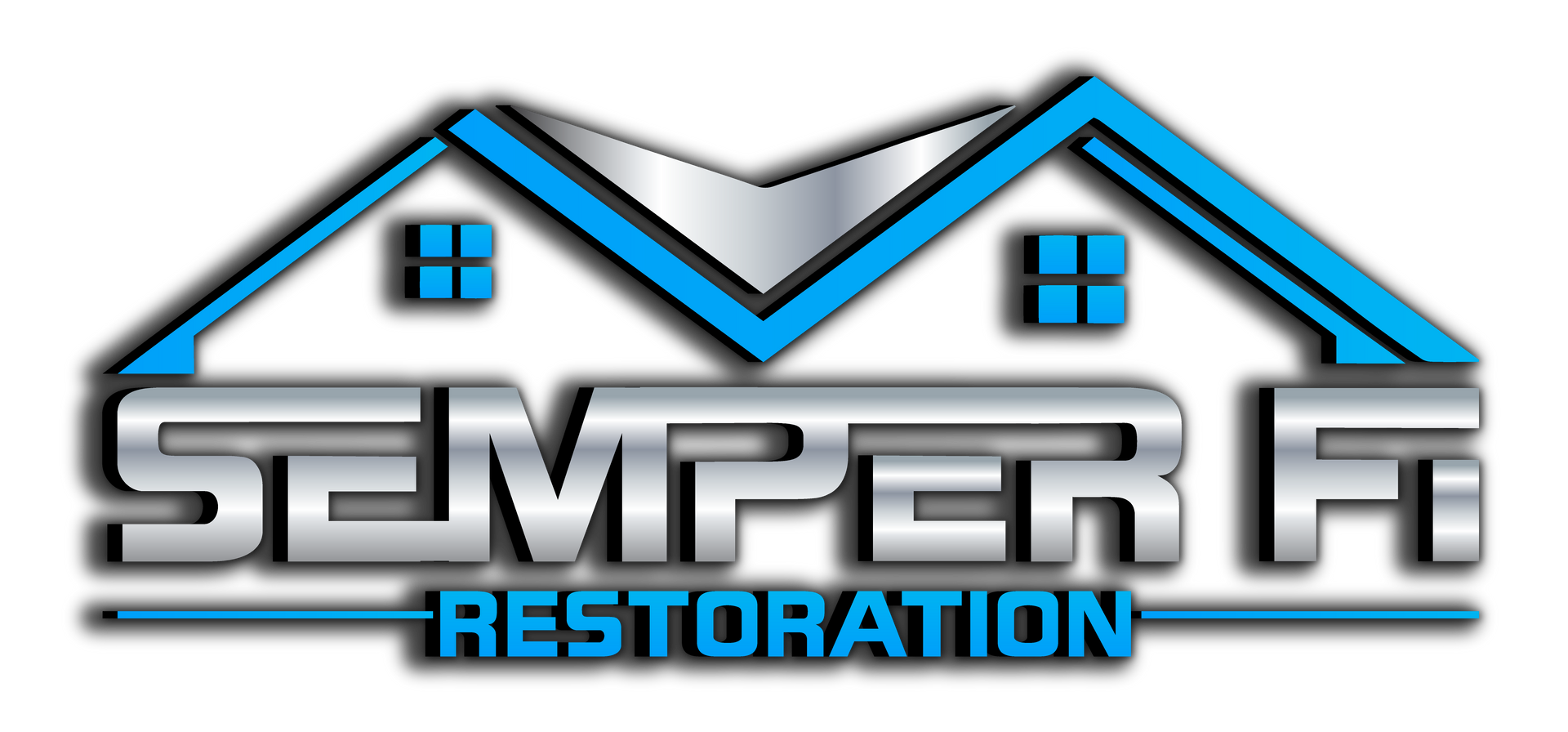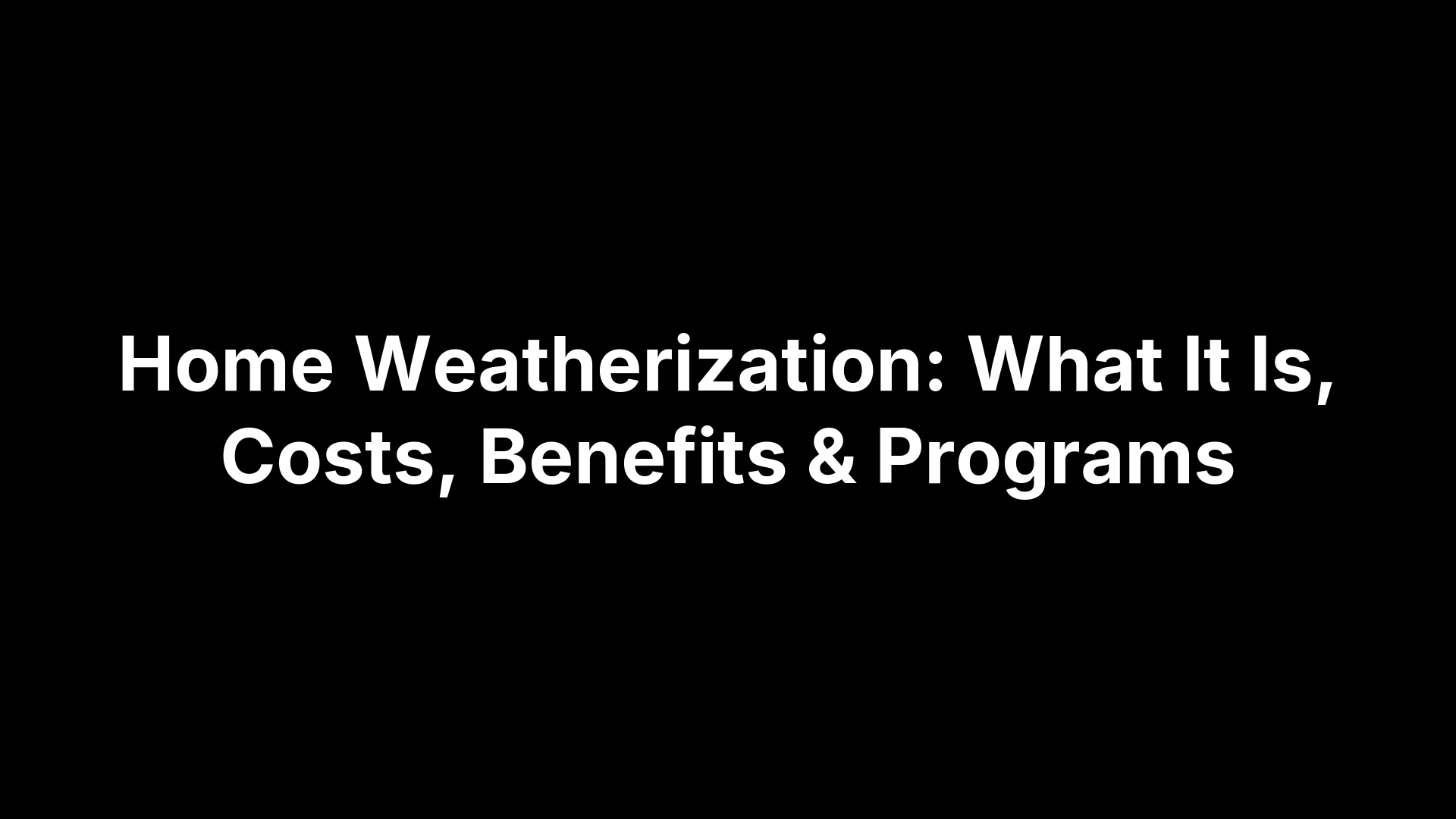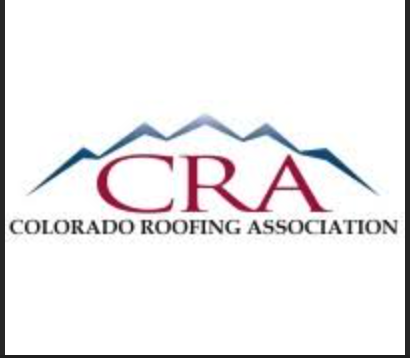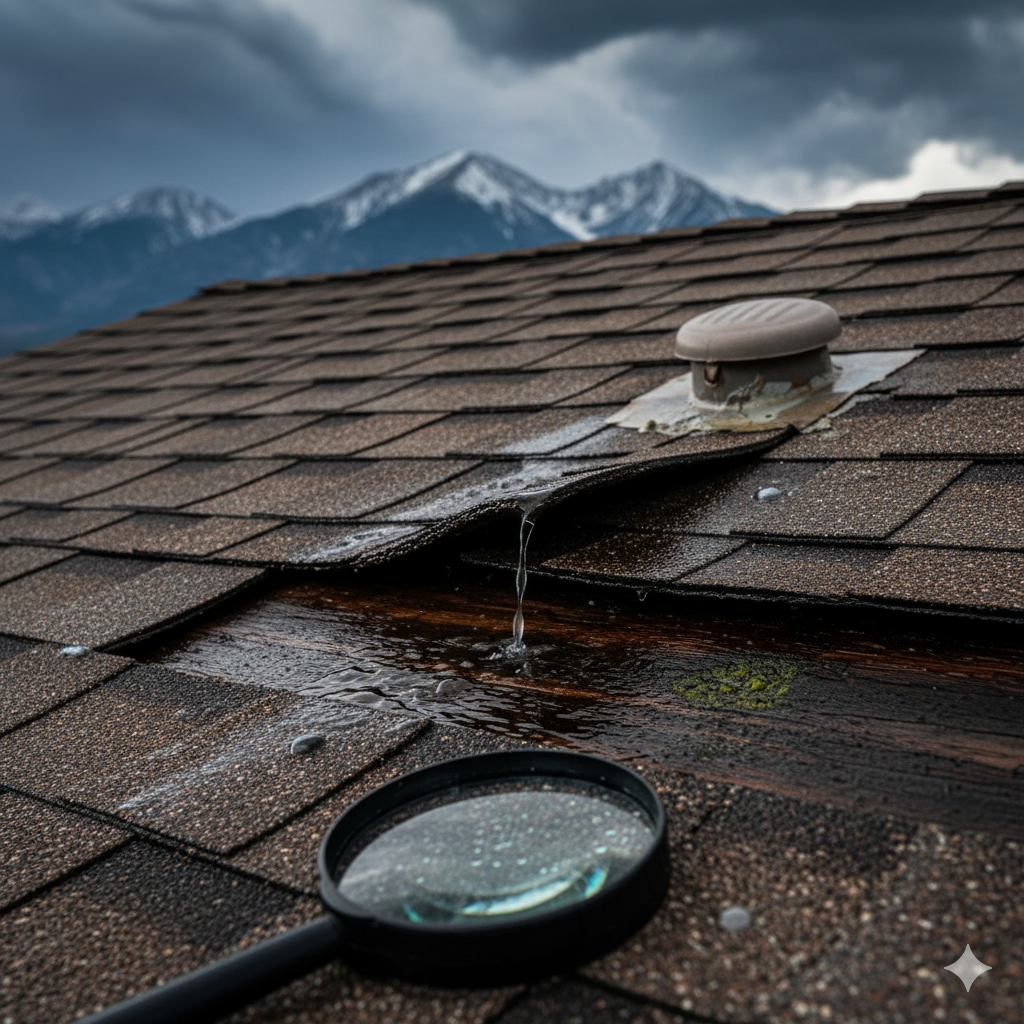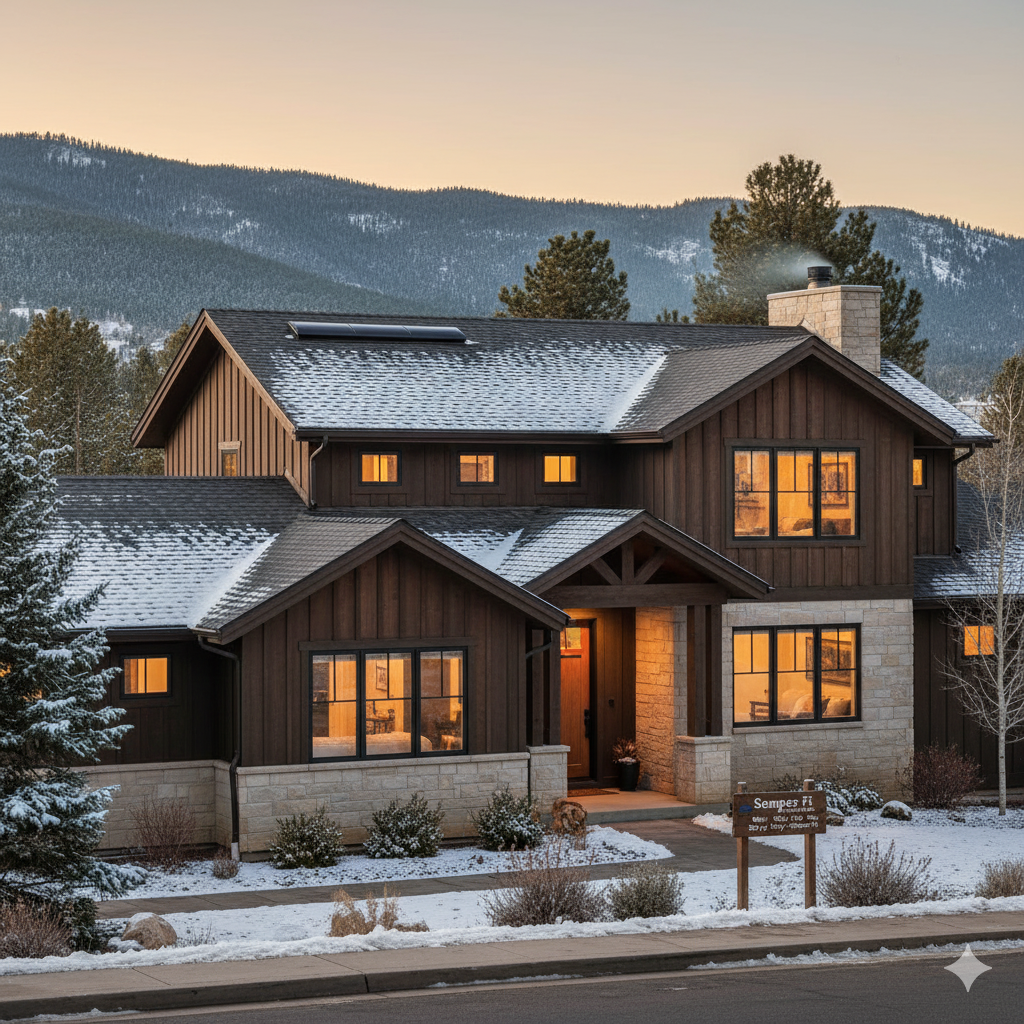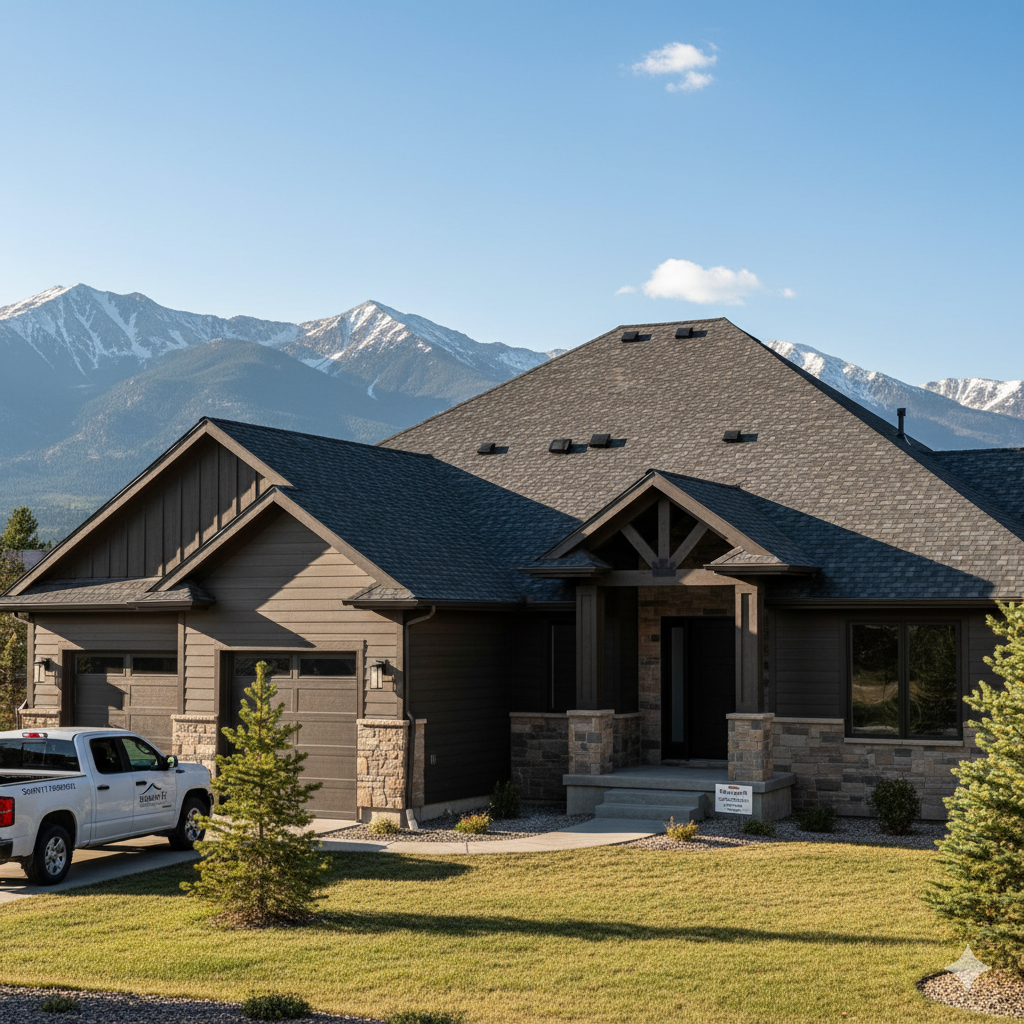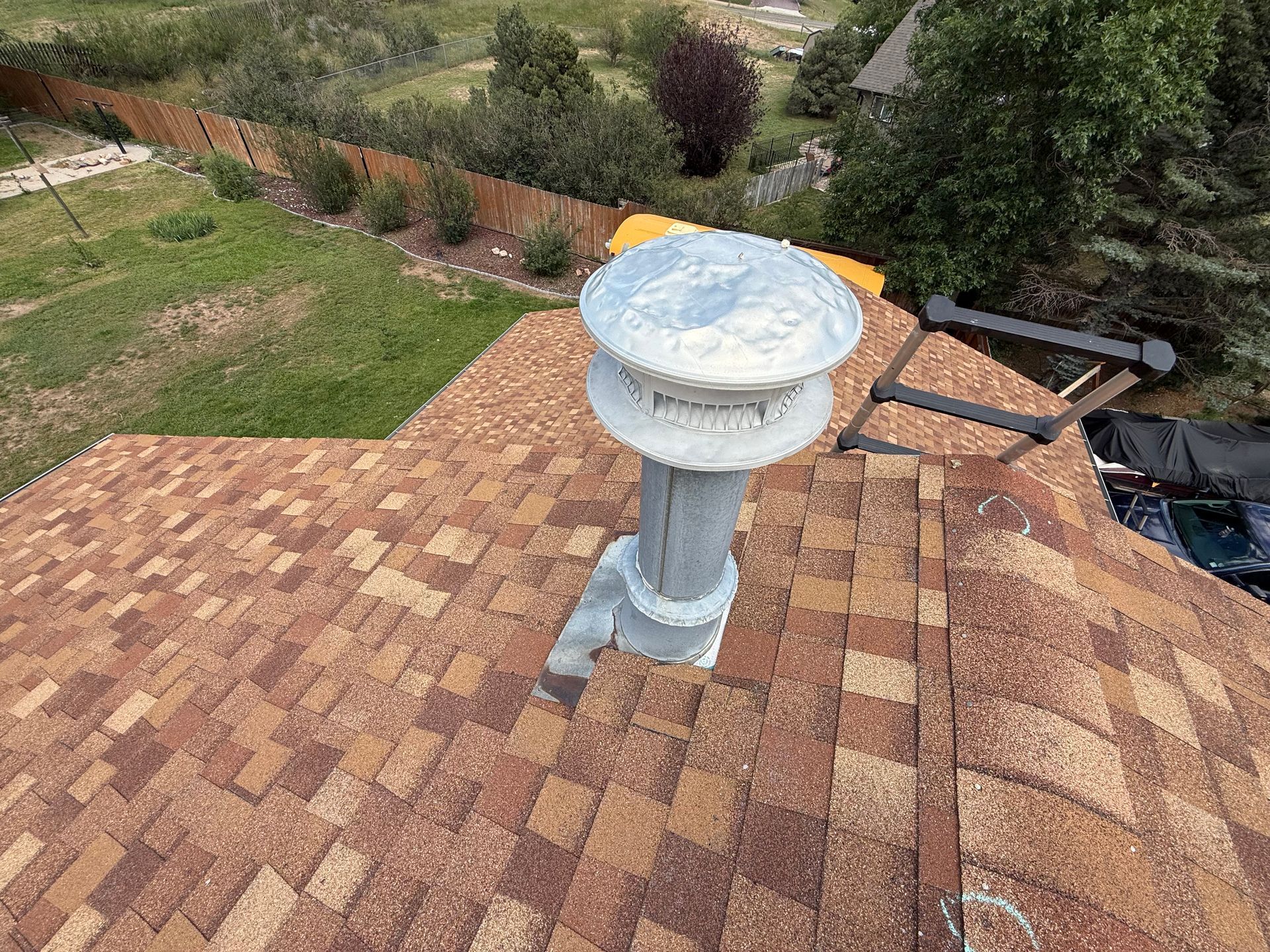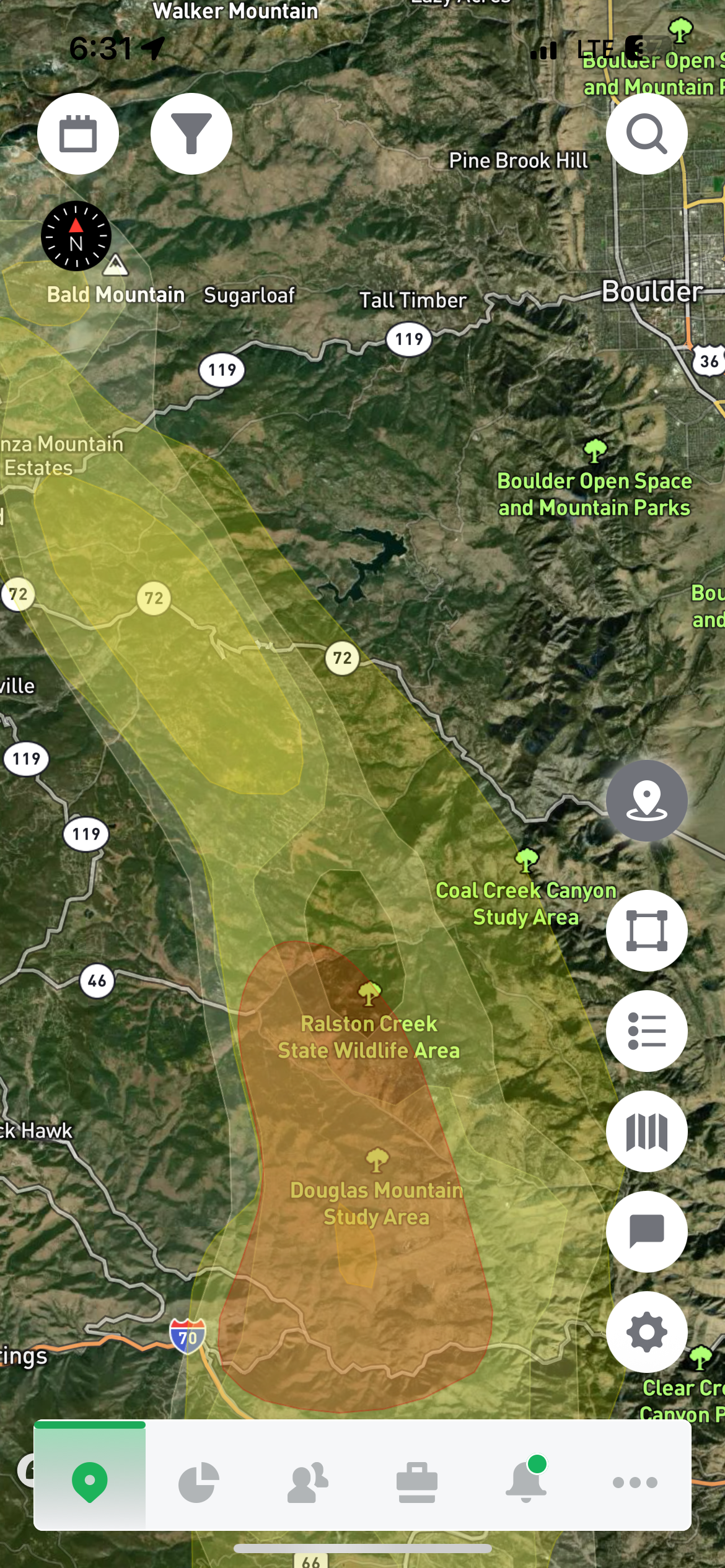Tar and Gravel Roofing in Colorado: Is It Still a Good Choice?
Elisa DeFoe • April 25, 2025
When it comes to flat or low-slope roofs, tar and gravel roofing—also known as built-up roofing (BUR)—has been around for over 100 years. But with so many newer materials on the market today, many Colorado property owners are wondering: Is tar and gravel roofing still a smart option for our unique climate?
Let’s break it down.
What is Tar and Gravel Roofing?
Tar and gravel roofing is a type of built-up roofing system (BUR) that consists of multiple layers of asphalt-based tar (or bitumen), felt, and gravel. These layers are alternated and built up to create a strong, weather-resistant barrier that protects flat or low-slope roofs.
At the top of the system, gravel or crushed stone is applied to protect the layers underneath from UV rays, fire, and impact damage—something especially important in hail-prone areas like northern Colorado.
Pros of Tar and Gravel Roofing in Colorado
Here’s why this old-school method still holds up in modern times—especially in places like Longmont, Thornton, Brighton, and across the Front Range.
Durability
BUR systems can last 20-30 years (sometimes more) when properly maintained. With multiple layers of waterproof material, it holds up well to foot traffic, heavy snow, and even hail. That’s a big plus here in Colorado.
Excellent UV Protection
The gravel top layer deflects harmful UV rays, helping keep buildings cooler during Colorado’s hot summers. That’s energy savings for homeowners and commercial properties alike.
Affordable Material Costs
Compared to newer membrane systems like TPO or EPDM, tar and gravel roofs often cost less up-front in materials—though installation can be labor-intensive.
Built-In Redundancy
If a section is compromised, the multiple layers offer extra protection, unlike single-ply membranes that rely on one barrier to hold strong.
Cons of Tar and Gravel Roofing
That said, tar and gravel isn’t perfect—and it may not be ideal for every structure or owner.
Heavier Weight
This system is heavy. Not all buildings are built to support that weight, especially older or unreinforced structures. An assessment is a must before installation.
Tricky Repairs
Because it’s a layered system, pinpointing leaks or trouble spots isn’t as easy as with membrane roofs. Repairs can take longer and cost more if water intrusion isn’t immediately caught.
Not Ideal for DIYers
Installation and repairs require professional equipment, experience, and hot tar, which is no joke. Always bring in a licensed roofing contractor for the job.
Is Tar and Gravel Good for Colorado’s Climate?
In short: yes, but it depends on the property.
Colorado throws everything at our roofs—hail, snow, high winds, blazing sun, and even wild temperature swings (sunny mornings and freezing nights are totally normal here). A properly installed BUR system with gravel can handle most of that with ease.
The gravel layer is especially helpful against:
- Hail damage – absorbs and deflects impact
- UV exposure – keeps heat out and protects layers underneath
- Fire resistance – some systems carry Class A fire ratings
If you’ve got a flat-roofed commercial building, detached garage, or low-slope residential roof, tar and gravel may be a great long-term solution—as long as the roof structure can handle the weight.
Alternatives Worth Considering
While tar and gravel is a solid choice, newer options might make more sense depending on your needs.
Modified Bitumen (Mod Bit) Roofing
Popular for flat roofs in Colorado, Mod Bit offers similar layered protection but with easier repairs and lighter weight.
TPO (Thermoplastic Polyolefin)
TPO is a single-ply membrane that’s affordable, energy-efficient, and easy to install. It’s especially popular for commercial buildings.
EPDM Rubber Roofing
EPDM is another single-ply option known for its flexibility and hail resistance—good for Colorado’s freeze-thaw cycles.
Tar and Gravel Roof Maintenance Tips
If you already have a tar and gravel roof, here’s how to get the most life out of it:
- Inspect annually (or after any major hailstorm)
- Keep it clean – debris can trap moisture and lead to leaks
- Look for ponding water – standing water means drainage issues
- Top off gravel – over time, the top layer can thin out and expose tar
Want peace of mind? We offer free roof inspections in northern Colorado. Just say the word and we’ll take a look—no pressure, no BS.
Cost of Tar and Gravel Roofing in Colorado
On average, tar and gravel roof installation costs between $4 to $7 per square foot in the Front Range area. Prices depend on:
- Roof size & accessibility
- Number of layers required
- Any tear-off or prep work needed
- Whether it’s a residential or commercial project
At Semper Fi Restoration, we always offer transparent quotes and financing options, so you’re never left guessing.
When Should You Replace a Tar and Gravel Roof?
Keep an eye out for:
- Cracking or bubbling tar
- Large bald spots where gravel is missing
- Signs of water infiltration or interior stains
- Ponding water that doesn’t drain in 48 hours
If your roof’s over 20 years old, it might be time to start planning. We’ll happily give you an honest opinion—whether it’s a quick repair or a full re-roofing solution.
Final Thoughts: Is It Right for You?
Tar and gravel roofing is still a viable, cost-effective, and weather-resistant choice—especially in Colorado’s challenging climate. While it’s not the trendiest option out there, it’s reliable, time-tested, and perfect for certain applications.
Want to know if it’s right for your building?
📞 Call Semper Fi Restoration or 📅 Schedule a free roofing assessment today. We’ll walk you through all your options—tar, TPO, mod bit, and more—and help you make the call that makes the most sense for your roof and your budget.
Bonus: Roofing with Integrity in Northern Colorado
At Semper Fi Restoration, we’re proud to serve homeowners and businesses across:
- Brighton
- Thornton
- Longmont
- Broomfield
- North Denver suburbs and beyond
With years of experience, veteran values, and a hail-smart approach to roofing, we’ll help you protect what matters most.
📩 Ready for a Free Roofing Estimate?
Let’s get your roof dialed in before the next big storm rolls through.
Contact us today for a no-obligation assessment!
We'd love to do a complimentary roofing assessment for you!
